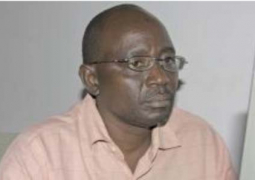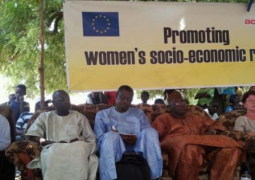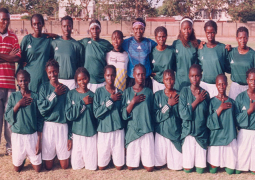So many people in this country, especially parents and guardians have over the years expressed concern on the extra-ordinarily high level of fees and other charges being levied on them by some private schools and educational institutions in the country.
Many would, no doubt, agree with us that the amounts being asked for from parents for the education of their wards are so exorbitant nowadays that it is beginning to look like a rip off.
And if you think this is an exaggeration, think of what someone told us recently – that the proprietor of a school, who is an acquaintance, told him that after making all expenses, he still makes a cool profit of One Million dalasi!
Indeed, opening a school is a very lucrative business in
And, mark you, this is just one owner of the new private schools sprouting all over the place – and with all sorts of names and school uniforms.
Are the authorities responsible for basic education aware of all the happenings in their sector? Is the schools inspectorate unit of the Ministry of Education doing its job?
While, it is a fact that this country has a liberal economy where market forces are supposed to regulate prices, but it appears that some proprietors of these private schools are taking undue advantage of the shortage of higher educational institutions and the craving for quality education to make money from poor Gambians, knowing fully well that the people have no bargaining power.
This is indeed quite unfair! Indeed, if taxi fares, for example, can be regulated, why not school fees.
Moreover, there is a social need to cap or fix a ceiling for school fees; since not to do so leads to consequences such as inflation as other sectors increase charges and prices to cope with high educational charges, not to speak of corruption to pay for the kids education, etc.
Are the Education authorities aware that, in addition to school fees, there are some extra levies being charged which are all part of a scheme bordering on extortion to further milk parents.
For instance, some of these extra levies include study fees, development fees, lab fees, exam fees, library fees, sports fees and PTA charges, as well numerous other un-explainable levies.
For example, there is this primary school near Abuko, where the school fee per term is D1000, but there is a study fee per term of D300. The bad thing, which smacks of corruption and criminality, is that parents are asked to pay D1300, but they are given a receipt for D1000 instead of the D1300 they paid. Should that be the case? Are those school authorities hiding their real revenue/earnings – from the tax man or some other governmental agency?
We invite our readers to write and tell us their experience.
We also challenge the Education authorities and police to investigate the state of affairs in the schools!
In any case, the charges people have to cope with are certainly much more than the average Gambian family can handle from their meagre incomes.
Therefore, everyone is looking forward to the government to explore all possible means to intervene in order to help protect the interest of the people.
We propose a Commission of Enquiry into Educational Charges and other Corrupt Practice in the Schools.
Then we will discover that the high charges are a contributing factor in keeping our children and youths out of school, and aggravating inequality, further the gap between the haves and have-nots in our society, with ominous consequences for peace and harmony in Gambian society.
In our view, despite the usual spin we hear about attaining the MDG targets for Education from the authorities, it is evident that unless we do something about this matter urgently, we can forget about attaining the targets for the Education-related MDGs.
While we all welcome private investment in the education sector, but it should certainly not be used by certain unscrupulous individuals as a money-making venture.
Education is a social service and, as such, all those who go into it should do so with such a noble objective in mind
“The grass may be greener on the other side, but it is just as difficult to cut.”
BBC Network





